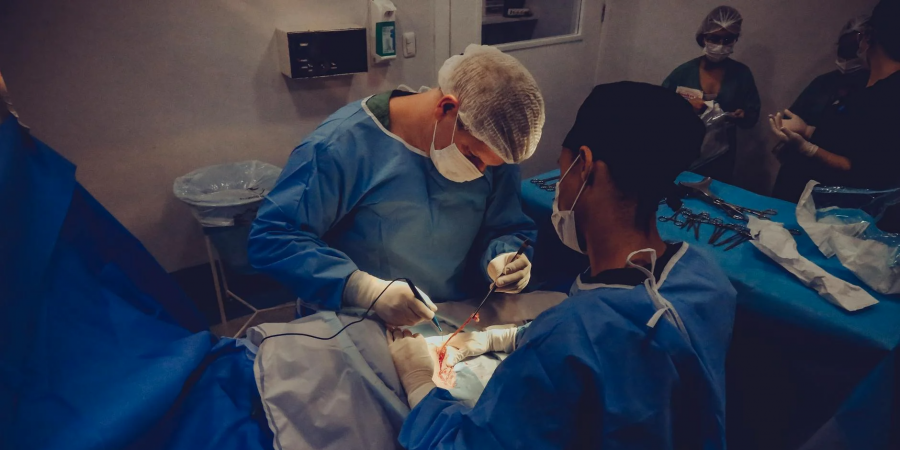

The title "Father of Surgery" is often attributed to Susruta, an ancient Indian physician and surgeon who lived around 600 BCE. His contributions to the field of surgery are documented in the "Susruta Samhita," one of the earliest known texts on medicine and surgery.
### **Susruta's Life:**
Susruta, also spelled Sushruta or Sushrutha, was an ancient Indian physician who lived in Varanasi (Benares) in present-day Uttar Pradesh, India. While the exact dates of his birth and death are not precisely known, he is believed to have lived around the 6th century BCE during the Vedic period.
### **Susruta Samhita:**
Susruta's most significant contribution is the "Susruta Samhita," an ancient Sanskrit text that is considered one of the foundational texts of Ayurveda, the traditional system of medicine in India. The "Susruta Samhita" is an encyclopedic work that covers various aspects of medicine, including anatomy, surgery, pharmacology, and treatments for a wide range of diseases.
### **Contributions to Surgery:**
Susruta's contributions to surgery were revolutionary for his time. Some notable aspects include:
1. **Plastic Surgery:** Susruta is credited with performing and describing various plastic surgery procedures, including rhinoplasty (reconstruction of the nose). His detailed accounts of surgical techniques demonstrate an advanced understanding of anatomy and surgical skills.
2. **Classification of Surgeries:** Susruta classified surgeries into various categories, including those related to the head, eyes, ears, nose, throat, and general surgeries. This classification system laid the groundwork for the organization of surgical knowledge.
3. **Instrumentation:** The "Susruta Samhita" describes a variety of surgical instruments used by ancient Indian surgeons. Susruta's understanding of the importance of precision tools in surgery was ahead of his time.
### **Legacy:**
Susruta's legacy extends beyond the historical and geographical boundaries of ancient India. His contributions to the field of surgery were notable not only for their practical applications but also for their emphasis on systematic knowledge and ethical considerations.
The principles and techniques outlined in the "Susruta Samhita" were foundational for the development of surgery in ancient India and influenced medical practices in the broader Indian subcontinent. Additionally, these contributions found resonance in later civilizations, influencing Islamic and Greco-Roman medical traditions.
While many advancements have occurred in surgery since Susruta's time, his pioneering work laid the groundwork for the understanding and practice of surgery, earning him the honorary title of the "Father of Surgery" in historical and medical circles.
Thank you for reading the blog, and follow me for more interesting blogs.
Again in my next blog.
